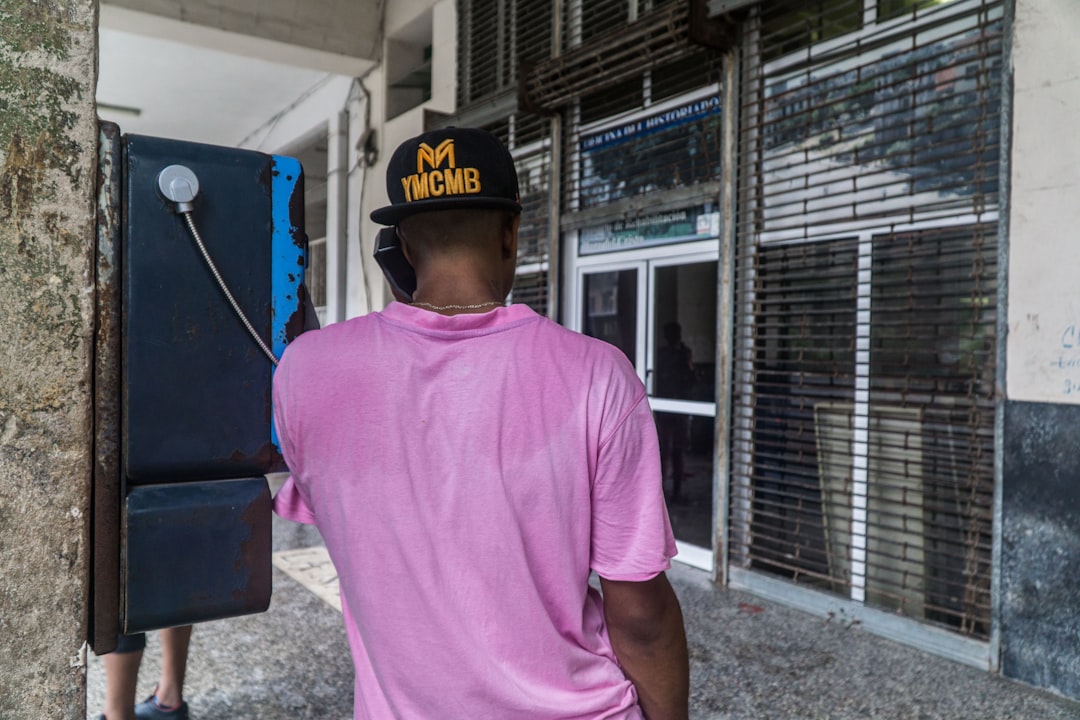Telemarketing laws, like those enforced by No Call Attorney Oregon, safeguard consumers from intrusive sales calls and promote ethical business practices, especially during sensitive periods like end-of-life decision-making. In Oregon, the Bureau of Consumer Protection regulates funeral homes' outbound calls, mandating explicit consent, respecting "no call" requests, and adhering to time restrictions for calls. Violations incur penalties, emphasizing the importance for Myrtle Point funeral homes to stay informed about No Call Attorney Oregon guidelines to maintain trust and professional standards in reaching potential clients during difficult times.
In Myrtle Point, Oregon, understanding telemarketing regulations is paramount for funeral homes to respect bereaved families’ privacy while effectively reaching out to potential clients. This article delves into the intricate world of telemarketing laws specific to the funeral industry in Oregon and highlights their significance. We explore the role of a No Call Attorney Oregon in ensuring compliance, offering practical best practices for funeral homes to navigate these regulations. By understanding these guidelines, funeral homes can maintain ethical standards while fostering meaningful connections with their community.
Understanding Telemarketing Laws and Their Relevance to Funeral Homes

Telemarketing laws are designed to protect consumers from intrusive and unwanted sales calls, ensuring businesses operate ethically. For funeral homes in Myrtle Point, understanding these regulations is crucial, as they must balance their marketing efforts with respecting privacy. In Oregon, no-call lists and do-not-solicit provisions are in place, allowing individuals to opt-out of receiving telemarketing calls. Funeral homes must adhere to these laws, respecting the right of families to make decisions regarding funeral arrangements without unwanted solicitation.
These regulations are particularly relevant during sensitive times when families are making important decisions about end-of-life services. Misleading or aggressive telemarketing practices can be upsetting and counterproductive, potentially damaging a funeral home’s reputation. Therefore, it’s essential for businesses in this sector to familiarize themselves with the legal framework, ensuring compliance with No Call Attorney Oregon guidelines to foster trust and maintain professional standards.
– A brief overview of telemarketing regulations in Oregon

In Oregon, telemarketing regulations are enforced by the Oregon Bureau of Consumer Protection to ensure fair and respectful practices. Funeral homes engaging in outbound calls must adhere to strict guidelines, especially when contacting residents regarding sensitive services like funerals or end-of-life care. One key aspect is obtaining explicit consent from individuals before initiating any marketing calls. This means funeral homes should have clear processes for obtaining “no call” attorney Oregon requests, allowing potential clients to opt-out of future calls.
Moreover, the state has set limitations on the number of calls made within a certain period and restricts calls to specific time frames, such as before 8:00 am or after 9:00 pm, to respect individuals’ personal time. Violations of these regulations can result in penalties, emphasizing the importance of funeral homes staying informed about their telemarketing rights and responsibilities.
– How these laws impact the funeral industry specifically

The Telemarketing Regulations, also known as the Do Not Call laws, have a significant impact on the funeral industry in Myrtle Point, Oregon. These regulations are designed to protect consumers from unwanted marketing calls, and they extend to include sensitive areas like death care services. Funeral homes, often seen as essential service providers during difficult times, must navigate these rules to ensure compliance while reaching potential clients.
For instance, No Call Attorney Oregon laws restrict telemarketing activities during specific hours, require prior permission for calls, and mandate the inclusion of an opt-out option in all marketing materials. This not only ensures consumer privacy but also fosters trust between funeral homes and their communities. Compliance involves implementing robust internal policies, training staff on these regulations, and utilizing permitted communication methods to connect with families in need.






